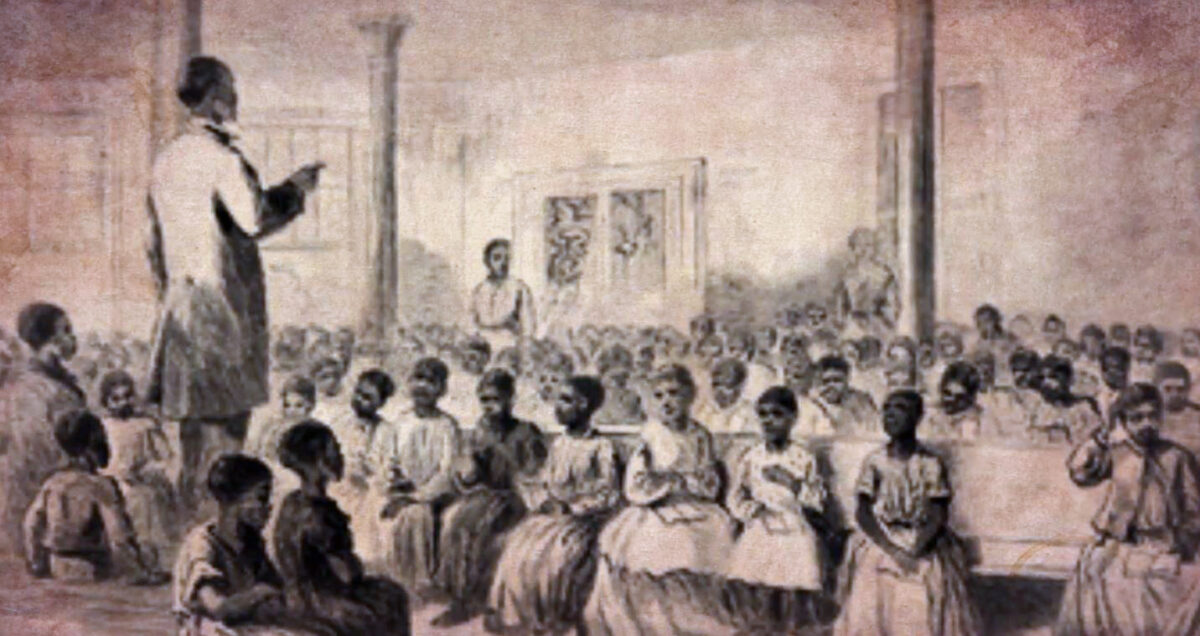Forget the dangers of BB guns and possibly shooting your eye out — a famous claim found in the holiday movie “A Christmas Story.” These days, social media may rot your brain out. Oxford University Press announced Monday (Dec. 2) its word of the year — brain rot.
The “word” — actually two words this year — was selected through a public vote that drew 37,000 people, who chose from a list of six words, the group said. Oxford “language experts” reportedly selected the words because they were believed to best “reflect the moods and conversations that have helped shape the past year.”
So, what exactly is “brain rot”?
Oxford defines it on its website as “the supposed deterioration of a person’s mental or intellectual state, especially viewed as the result of overconsumption of material (now particularly online content) considered to be trivial or unchallenging. Also: something characterized as likely to lead to such deterioration.”
‘Gaining traction’ on social media
Brain rot, according to Oxford University Press, has become a significant word this year and has been “gaining traction” on social media.
“Our experts noticed that ‘brain rot’ gained new prominence this year as a term used to capture concerns about the impact of consuming excessive amounts of low-quality online content, especially on social media,” Oxford said. “The term increased in usage frequency by 230% between 2023 and 2024.”
The group noted this has most notably been the case on TikTok, which attracts large numbers of Gen Z and Gen Alpha. The word, Oxford said, is “now seeing more widespread use, such as in mainstream journalism, amidst societal concerns about the negative impact of overconsuming online content.”
Casper Grathwohl, president of Oxford Languages, noted in the news release, “I find it fascinating that the term ‘brain rot’ has been adopted by Gen Z and Gen Alpha, those communities largely responsible for the use and creation of the digital content the term refers to.”
He added, “These communities have amplified the expression through social media channels, the very place said to cause ‘brain rot.’ It demonstrates a somewhat cheeky self-awareness in the younger generations about the harmful impact of social media that they’ve inherited.”
EDITOR’S NOTE — This story was written by Shawn Hendricks, content editor for The Baptist Paper.










